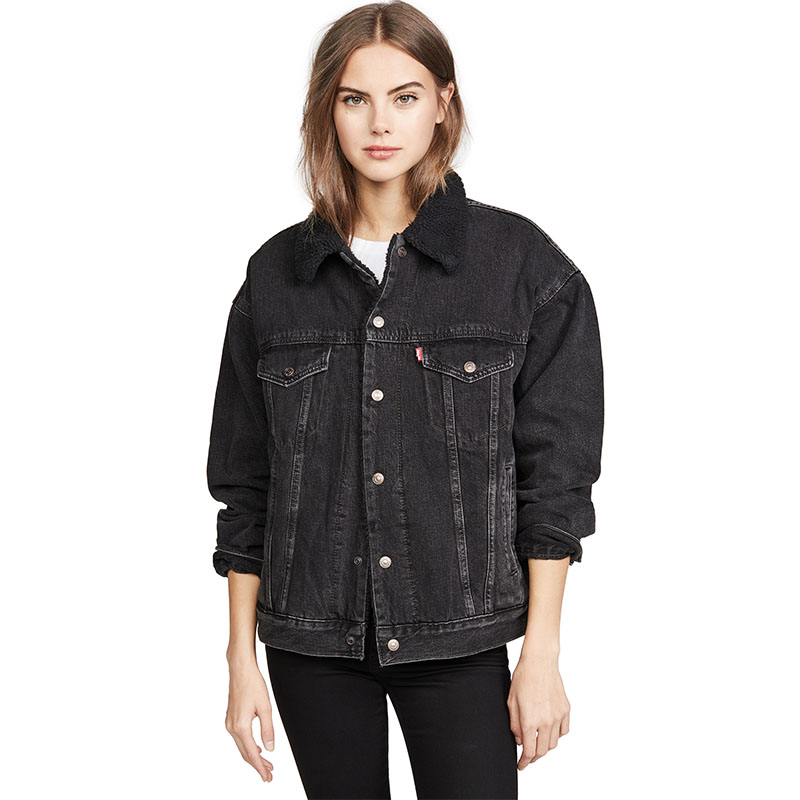
For your amusement and enlightenment, I’d like to take this opportunity to present an honest-to-fuck panel description from the good folks at NYCC:
‘Girls Who Kick Ass: How do the ladies creating comics do it? They’re constantly blowing us away with the most outrageous and provocative titles. Jenna Jameson (Shadow Hunter), Colleen Doran (Distant Soil, Reign of the Zodiac), Amanda Connor (Birds of Prey, Painkiller Jane, Lois Lane ), Louise Simonson (New Mutants, X-Factor, Superman) and special guests reveal why they know what Fan-Boys want.’
Heidi sums it up nicely over at THE BEAT:
I would love to hear Colleen Doran’s thoughts on art history and freelancing… Amanda Connor’s ideas on design and the current state of superheroes… Louise Simonson’s unsurpassed viewpoint on storytelling and creating lasting characters… and sure, what the hell, even Jenna Jameson’s ideas on why celebrities are flocking to comics to get their next optionable property. But when all these people are grouped together solely on the basis of gender it’s dumb, patronizing and, frankly, sexist.
What Heidi doesn’t mention is that Girls Who Kick Ass is only one of THREE panels focused on those exotic girl-birds: two on women in comics, and a third on women in animation. And that’s not including the MINX panel, the general panel on comics for girls, which bring the total up to five.
‘But wait,’ cry you, my six loyal readers, ‘Isn’t this a good thing? Haven’t you been campaigning for more awareness of women in comics, as industry professionals and fans? Shouldn’t you be celebrating the fact that there’s enough interest—and enough women—for not one but FIVE female-focused panels?’
Yeah, well, you’re all fired.
No, I didn’t mean that. Come back, it’s okay. Rachel’s just a little grumpy. Maybe her womb’s been wandering, or maybe it’s that time of the month. You know how girls can be.
Seriously, though, lean in, ’cause Momma’s gonna let you in on a secret about being a woman in comics:
It’s a hell of a lot easier to be a woman in comics than it is to be a female comics professional anywhere else.
You doubt? Let me explain.
Despite what the magazines would have you believe, there are an awful lot of women working in the comics industry. I believe Friends of Lulu has a couple lists, which I highly recommend checking outthey’re never quite up to date, because this industry has a crazy turnover rate, and they misspell my last name, but they’ll give you an idea of the scale we’re discussing.
And guess what? This is not a new phenomenon! Gail Simone was not the first woman to pen a superhero title; I know women who’ve been working in this industry since before I was born. We are not exotic birds or tokens. We are writers, artists, letterers, editors, designers, pre-press technicians, scheduling coordinators, vice presidents, publicists, printers, and everything else you can imagine.
What these panels mean to me is the systematic othering and marginalization of the many, many women who work in the comics industry. To call out sexism, to honor the accomplishments of individual women—these are important and necessary, and there is a lot of ingrained misogyny that still needs to be pried loose. But each article that reinforces that familiar mirage—the lone woman making her way in a man’s industry—washes the rest of us a few shades closer to invisibility.
And by the way—the description of that panel is sexist, demeaning, juvenile, and generally fucking awful, and I’m disgusted and ashamed that a convention that’s supposed to be representative of the industry I work in and love not only buys into but spews back out this kind of bullshit.
Want to know how the ladies creating comics do it? THEY WORK THEIR ASSES OFF—just like the guys. The biggest difference is that we have to deal with this shit.
I won’t be at New York Comic-Con, but if you are, and should you happen to wander past this panel, I’d like to suggest a few questions:
-How do you feel about being invited to participate in a panel based on your sex—rather than the projects you’ve contributed to, your experience in the comics industry, and your accomplishments as a writer and/or artist?
-Do you think that ‘What Fan-Boys want’ might include reassurance that comics remains a boys’ club, and that women in comics are anomalies? How might the title and description of this panel reinforce that idea?
-What is a total neophyte doing on a panel with three seasoned comics creators who are industry legends in their own right?
-What role does your vagina play in your creative process?
You can discuss this column here.